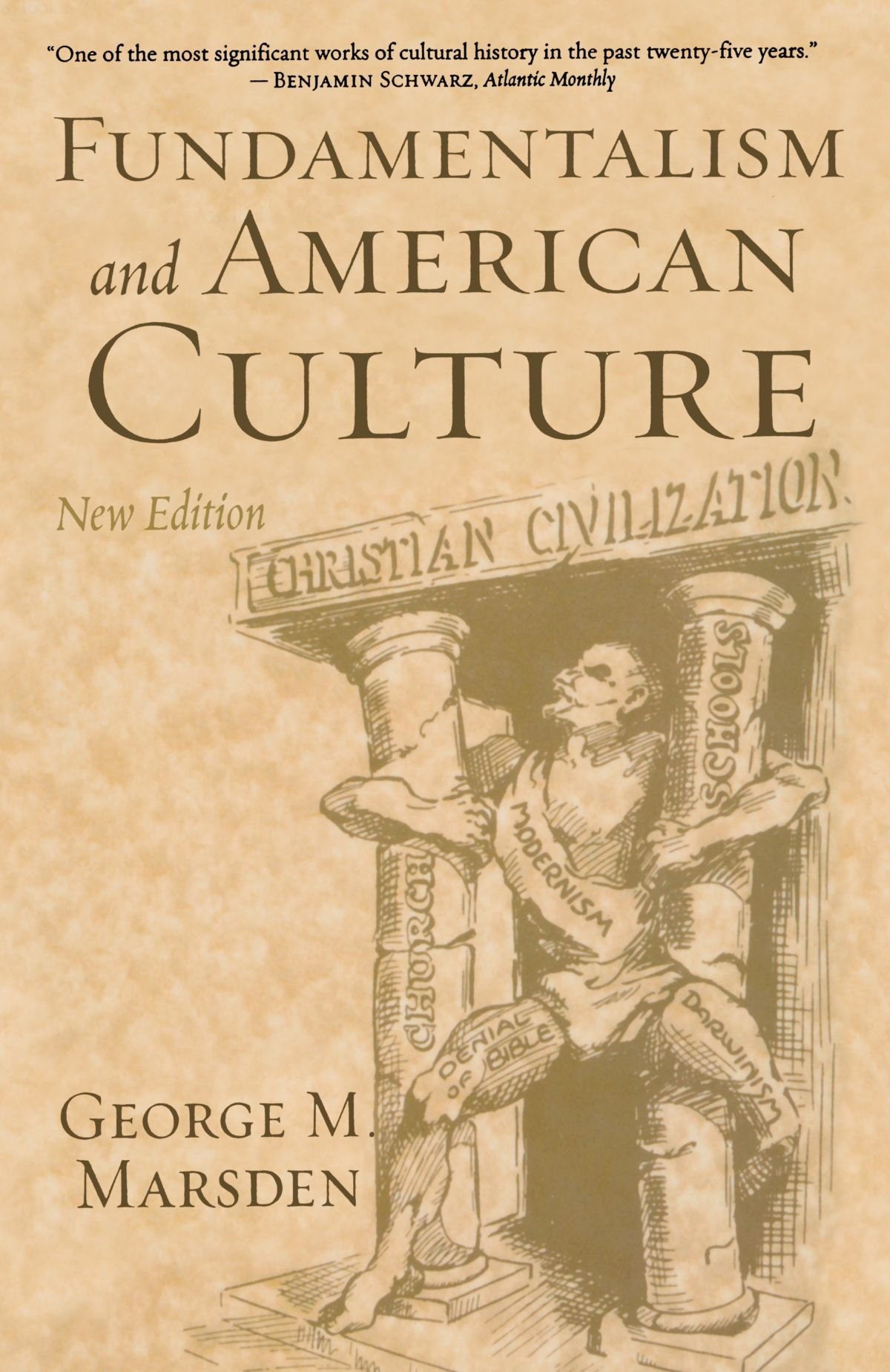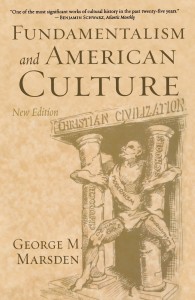With yet another hit “faith-based” movie, War Room, recently showing at a cinema near you, and another one, Captive, released last weekend, there is much discussion going on about Christians and film making. Interestingly enough, some of the harshest critics of these movies are from Christians themselves who seem embarrassed by what I call the cheese factor in many such movies.
A good example can be found at The Federalist by Christopher Hutton. The title of the piece: “‘War Room’ Is Just As Cheesy As All Kendrick Brothers Films.” There is no doubt that many of these movies, not just those by the Kendrick brothers, have a generous helping of cheese, but such criticisms are in many ways myopic. They are especially so in light of the history of evangelical Christianity in America. I’m actually encouraged, as a Christian, that these movies are being made at all, cheese notwithstanding.
I recently read a tremendous book called Fundamentalism and American Culture by George Marsden, an historical overview of conservative Christianity in America from the mid-1800s to the early 1900s up through the Scopes “Monkey Trial” in 1925 (an additional chapter is added in the edition linked to above that takes the story to 2005). The cheese in so many “Christian” movies today can be directly linked to the ambivalence conservative Christians had toward culture those 75 years or so, and the battle with modernism and liberal Christianity that shaped it. That ambivalence is an ever present existential reality for all conservative Christians who strive to be “in the world but not of it.”
After Scopes, American cultural elites often portrayed Christians as hayseeds and hicks, intellectually and culturally inferior to their secular countrymen. Unfortunately, Christians often lived down to that stereotype. A Christian subculture developed in education, media and entertainment throughout the 20th Century which left Christians communicating pretty much among themselves, in effect putting their light under a cultural bushel.
Fortunately this began to change in the middle of the 20th Century. I myself was in a sense rescued from fundamentalism when I was introduced to Francis Schaeffer’s book, “The God Who is There” around 1980. He argued, not only in this book but throughout his life and ministry, that the Christian faith is not just a religion, a life engaged in spiritual activity, but a view of all of reality. It speaks to everything in creation, including the art of filmmaking.
Since then there has been a veritable explosion of Christians engaged in thinking and working in and contributing to the culture. Not too long ago, for example, you would never have found an outspoken Christian actor as successful as David Oyelowo, who played Martin Luther King, Jr. in Selma, publicly declaring that, Christians Can’t Abandon Hollywood. In much of the 20th Century many if not most Christians would have argued that Hollywood is the first place they should abandon. Fortunately for America Christians are just getting started, and it will be healthy for our culture in the long run that this voice is being winsomely and excellently displayed in such a culturally influential place as Hollywood. A more balanced Hollywood would be better for everyone.



I was wondering if you know if the Tv show “Forever,” from ABC, is likely to be picked up for a second season?